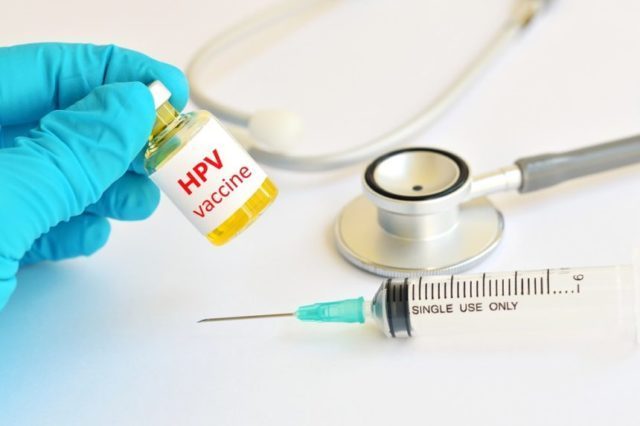“The vaccine is mandatory, so, in conjunction with the National Board of Children (PANI) and in collaboration with the Public Force, the State will try to ensure the vaccination of all girls”. This was stated on last Monday by the Minister of Health, Daniel Salas, at the beginning of the campaign to vaccinate 35,150 10-year-old girls against the Human Papillomavirus (HPV).
The vaccine is a protective method for the prevention of cancer of the cervix, which is the 5th in incidence and the 6th in mortality among women due to this disease in the world.

“We want to convince parents, and tell them that it is an act of love to allow their girls to get vaccinated freely”, Salas said in a press release. Schools all over the country will be the primary means of contact to achieve the vaccine, which will be included in the girls’ vaccination card.
The health personnel will work in coordination with the teachers and will notify parents in advance about the date of the vaccination. It is not necessary to do any special preparation to receive the vaccine.
For the director of the Costa Rican Social Security Fund (CCSS), Román Macaya, the prevention of this cancer is a public health measure “very important, urgent, and absolutely necessary”.
This injection requires 2 doses. The 1st part will begin with this Monday and will last until September; while, the 2nd process will begin in December and February when students are on vacation.
Therefore, they will ask their parents to collaborate. What is more, the placement of the 2nd dose is necessary to achieve the expected protection.
HPV is common; 9 out of 10 adults have been in contact with it at some time in his life. And after 2 years, in most cases, the body’s defense system eliminates it. However, this virus can develop lesions and, over time, even generate cervix cancer.10

